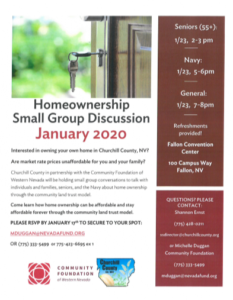First, an apology: As I assay this essay, I see it being serious, not humorous. Its waggish title, therefore, is misleading … but I enjoyed the pun.
Second, a confession: I’m no expert regarding words; so don’t expect scholarly “eptitude.” Fortunately, my singular lack of notoriety means there’s no chance I’ll corrupt the youth of the land.
I am sure, but have no memory of it, that during babyhood I managed to think without using words. Perceptions, provocations, and emotions must all have evoked commensurate reactions. But, now that seems impossible.
Words are my tools of thought. I don’t see how I got along without them. If I want to imagine something, explain something or understand something, words come naturally, unbidden, to do the job.
Now, fate may fail me someday, causing me to lose my beloved words, but until that day comes I want to celebrate, to enjoy words. They are my companions, indeed my friends, and I want no commerce with folks who disdain my use (okay, my overuse) of puns, rhymes, clichés, repetition, and alliteration: word “flaws” that give me great pleasure. As far as I’m concerned, anyone who complains about them can go to hell in a handbasket.
I regard clichés (for example, “to hell in a handbasket”) as ready-made tools: nuts and bolts available for use when compositional situations practically beg for them. They are phrases created and polished by craftsmen who produced phrases so brilliant, so apt, that they are now ever-present and everlasting (well, as long as the language lives). I doubt their inventors ever received the appreciation, acclaim, and applause merited.
Observe the use of “ever” in the last two sentences above; it appears three times in one guise or another. Obviously, repetition is a writing ploy I favor. But, I’m not the only one.
Take Shakespeare, for instance, notably his phrase, “To be or not to be.” That is … one helluva phrase. It uses repetition masterfully—combining simplicity, grandeur, and portent, all with an architectural beauty surpassing the Golden Gate Bridge.
Although I share the same first name as its author, that’s about it. (We don’t even share the same language.) My own use of repetition probably stems not from excellence but from insecurity. Perhaps I repeat myself for fear you won’t get the point unless hammered with it a few times. Or maybe it’s an effort to simulate rhythm where none exists. You be the judge, but please keep the answer to yourself—to avoid bruising my ego.
Unlike repetition; puns, rhymes, and alliteration are toys in our discourse, put there mainly for fun. Some people say such toys are disruptive or distracting. To them, I preach, “Don’t take reading so seriously. Chuckle from time to time. Smile some. You’ll enjoy life all the more.”
Looking back on this essay, I’m embarrassed at how defensive I’m being. The fact is, nobody (so far) has criticized my use of puns, rhymes, clichés, repetition, and alliteration. Maybe I’m the one being critical, trying to fend off guilt for taking so much pleasure in using or misusing words. Sigh! It’s embarrassing.
Never miss a meeting or community event – keep an eye on the community calendar at https://www.thefallonpost.org/events/ If you like what we’re doing, please support our effort to provide local, independent news and contribute to The Fallon Post, your online news source for all things Fallon.









Comment
Comments